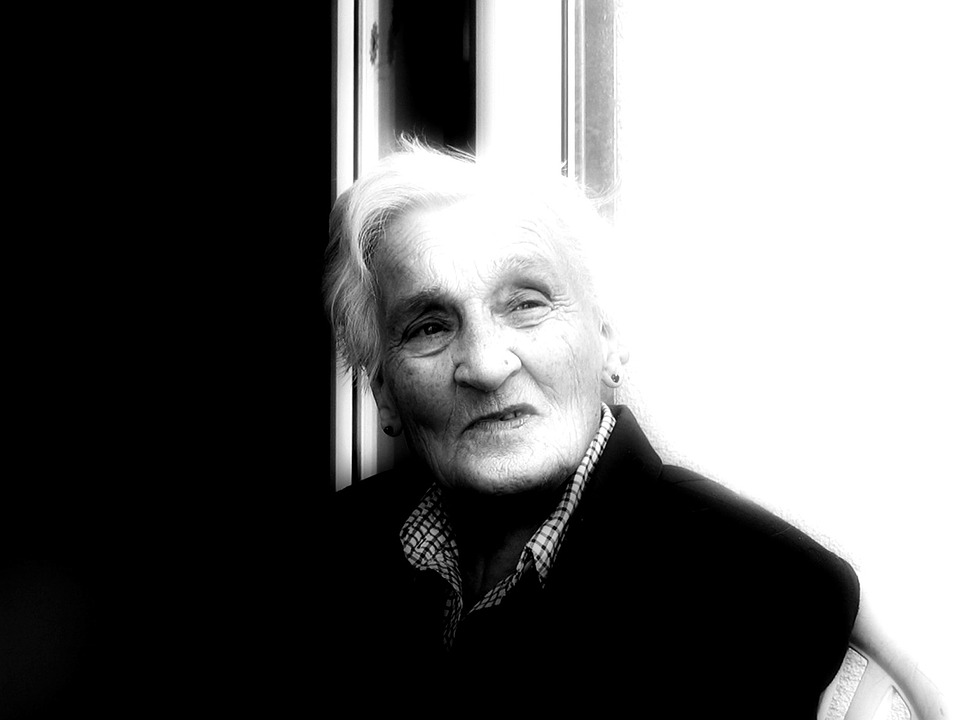A new study has found that the three most commonly-used dementia screening measures often misdiagnose patients. These tools mistakenly diagnose dementia in older adults who do not have that problem and miss people who do have dementia. The research was led by David J. Llewellyn at the University of Exeter Medical School, and published in Neurology: Clinical Practice.

The participants included 856 older adults from the US, part of the Aging, Demographics and Memory Study (ADAMS). The participants had received a comprehensive battery of tests, including the dementia screening measures relevant to this study. The three screening measures were the Mini-Mental State Examination (MMSE), the memory impairment screen (MIS), and animal naming (AN).
In the study, 35.7% of the participants were misclassified by at least one dementia screening. These mistakes included both false negatives and false positives.
False negatives occur when a screening test comes back negative, even though the person should receive a dementia diagnosis. False negatives happened most often when people stated that they had a good memory. That is elderly people, saying they have a good memory consistently predicts them not receiving a diagnosis of dementia—even if they meet all the criteria for the diagnosis.
False positives occur when a screening test comes back positive, even though a person does not have dementia. The traits associated with false positives in the dementia screening were living in a nursing home, being older, and being a person of color. That is, you are more likely to get a dementia diagnosis if you are older, live in a nursing home, or are Black—even if you do not meet the criteria for dementia.
Another predictor of false negatives in specific tests, primarily the MMSE, is having a higher education level. That is, people with more advanced degrees are likely to be perceived as not having dementia, even if their cognitive abilities are declining enough to meet criteria.
Visual impairment and depression were also associated with false positives on some of the tests. According to the authors:
“False negatives may prevent or delay diagnosis, meaning missed opportunities for planning and timely access to treatment and services. False-positives may cause unnecessary referrals and investigations, affecting patients, families and health services.”
The data show that two tests misclassified 13.4% of participants, and all three tests misclassified only 1.4%. However, this does not mean that we could give all three tests to ensure no mistakes are made. Instead, what it means is that if we have all three tests, we might see two tests provide negative results (no diagnosis), and one test provide a positive result (diagnosis)—and we would not be able to determine which of the tests was correct.
The authors write that they hope these results can help guide clinical practice in the future, including assisting clinicians to understand what biases are embedded in the tests and how to diagnose dementia more holistically.
****
Ranson, J. M., Kuzma, E., Hamilton, W., Muniz-Terrera, G., Langa, K. M., & Llewellyn, D. J. (2018). Predictors of dementia misclassification when using brief cognitive assessments. Neurology: Clinical Practice, 9(1), 1-9. doi:10.1212/CPJ.0000000000000566 (Link)















“Dementia” is substantially “old age denial”, but who cares about (non-productive) old people?
Report comment
“… who cares about (non-productive) old people?” Spoken like a true doctor, Steve. But whatever happened to respecting the elderly, and learning from the wisdom they’ve garnered over their lives?
My dad was misdiagnosed with dementia. After he died, the neurologist figured out that the two main arteries to his brain were blocked. My dad’s body helped him heal in time, by sprouting many new small arteries to his brain, which was also visible to the neurologists. They thought it was cool.
And I thought it was kind-of cool to find out the truth of what happened to my dad, rather than him dying with just some stupid old person medical stigmatization as an explanation.
My guess, however, given the massive number of drugs being given to the elderly these days, is most “dementia” is likely caused by ADRs and drug interaction problems. And since I’m quite certain the dementia screening tools don’t take into consideration the potential iatrogenic causes of dementia. I have no doubt the “Dementia Screening Tools Often Misdiagnose Patients.”
Personally, I think dementia is likely only as a valid as a disease entity, as the “invalid” DSM disorders are. “Dementia” didn’t exist in previous generations. It’s just a medical stigmatization, used to push unneeded drugs on the elderly.
Report comment
RW remarked on this in Anatomy of an Epidemic. Long term drug use can cause dementia–especially in the younger folks. And your brain doesn’t care if they’re prescription.
Report comment
“It’s a scandal, really,” – Daryl Hall of music duo Hall and Oates, on the misdiagnosis of so many patients with hidden Lyme Disease – many of whom receive psychiatric diagnoses and, without adequate treatment, progress on to dementia, alzheimer’s, Parkinson’s, MS, ALS, and other neuroinflammatory disorders. https://www.lymedisease.org/members/lyme-times/2017-summer-features/daryl-hall-doctors-denying-chronic-lyme/
The Latuda I took for almost two years provided my first glimpse of Parkinsonism. I thought at the time and ever since that it was just a bad side effect of the drug. Now, since the lyme diagnosis, I believe it revealed an underlying neuroinflammatory process I wasn’t aware was happening.
“Bipolar” is associated with later development of FTD (fronto-temporal dementia), and should be a concern to anyone so diagnosed and treated, not just because of iotrogenically induced bipolar symptoms after starting SSRI medication, but also to anyone looking for a differential diagnosis. Proper Lyme (and associated diseases) treatment can reverse the “symptoms” of dementia.
Infections create the symptoms of dementia. This is why these “old age” dementias are increasing so rapidly, why they cost so much, and why scientists are trying to find a cure for them – the new version of old age isn’t what it used to be and treating it is becoming more and more costly as the research failures mount. The infectious etiology of the dementias (alzheimers, Parkinson’s, LBD, FTD) has been pretty firmly established in the literature.
The question is when is the medical community going to start treating people properly for infection rather than simply labeling them with psychiatric disorders and adjusting their brain chemicals fruitlessly?
Report comment
If anyone were caught at the right time (I’d imaginel) “dementia” could be stuck onto them!
Report comment
I believe a lot of false positives show up due to poor nutrition. Elders may very well not be able to afford food, not be able to get out shopping, or aren’t being fed properly if they rely on someone else to provide for them. Also, it’s harder for an older person to digest food, some do not have teeth anymore, or they might develop constipation from lack of exercise…this can cause a person to reduce their intake. Still other elders actually deliberately restrict intake to the point that they could be classified as eating disordered (usually age will prevent this from being detected). I know as a fact that malnutrition can look just like dementia. Having been through it as an older person I recall I was forgetful, esp short term memory, had balance problems, and felt vertigo almost constantly. It was almost like post-ECT. I couldn’t figure out how to put on my clothes or how to braid my hair. Or whether I was wearing clothes at all….had I forgotten and was now walking around naked? I knew something was wrong but couldn’t quite put a finger on it.
Report comment